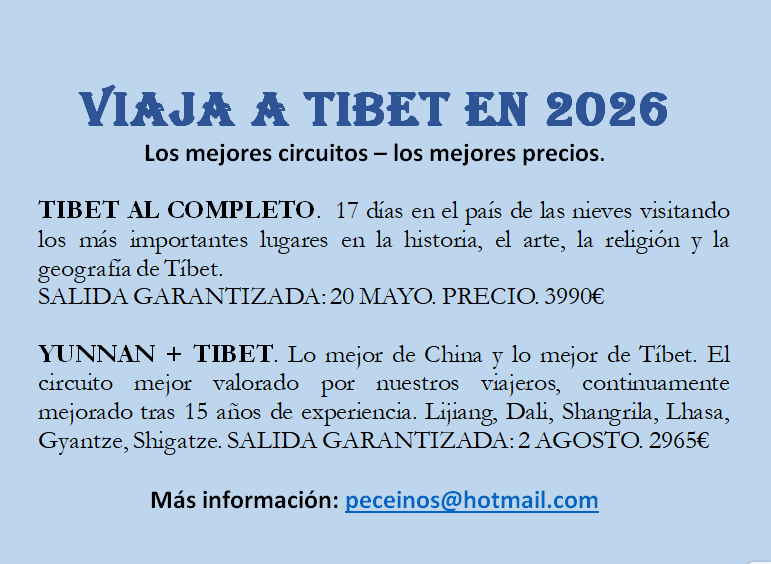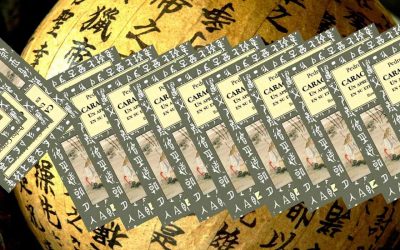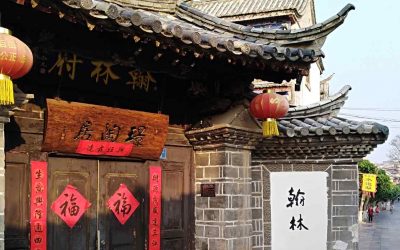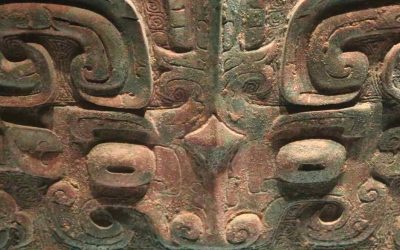Peter Harvey. Buddhism: Teachings, History and Practices. Cambridge University Press. 2013.
(Excerpts from the book. Page 11 and ff.)
In its origin, Buddhism was a Samana-movement. Samanas were wandering ‘renunciant’ thinkers who were somewhat akin to the early Greek philosophers and mystics. The Samanas rejected the Vedic tradition and wandered free of family ties, living by alms, in order to think, debate and investigate. The main Samana groups of Buddha’s time were:
JAINS
Jainism was founded, or at least led in the Buddha’s day, by Vardhamāna the Mahāvīra, or ‘Great Hero’. It teaches that all things, even stones, are alive, each containing a Jīva, or ‘Life-principle’. These are seen as individually distinct, rather like the Western idea of a ‘soul’ but unlike the universal Ātman of the Upanisads, and to be naturally bright, omniscient and blissful. The aim of Jainism is to liberate one’s Jīva from the round of rebirths by freeing it from being weighed down by an encrustation of karma, seen as a kind of subtle matter. The methods of doing so are primarily austerities such as fasting, going unwashed and pulling out the hair, so as to wear out the results of previous karma, and self-restraint, total non-violence to any form of life, and vegetarianism, so as to avoid the generation of new karma. The free-will of the Jīva is emphasized, though even actions such as unintentionally killing an insect are held to generate karma.
AJIVIKAS
Their founder was Makkhali Gosāla (Skt Maskarin Gośāla). Gosāla’s key doctrine was that niyati, or impersonal ‘destiny’, governed all, such that humans had no ability to affect their future lives by their karma: actions were not freely done, but were determined by niyati. Gosāla thus believed in rebirth, but not in the principle of karma as that which regulates the level of a person’s rebirth. The ‘Life-principles’ of living beings are driven by niyati alone through a fixed progression of types of rebirths, from a low form of animal to an advanced human who becomes an Ājīvika ascetic. The Ājīvikas practised rigorous asceticism such as fasting, nakedness and perhaps also disfiguring initiations, and aimed to die by self-starvation (as Vardhamāna in fact did), as a fitting way to end their last rebirth.
MATERIALISTS
The Materialists’ aim was to lead an abstemious, balanced life which enjoyed simple pleasures and the satisfaction of human relationships. They denied any kind of self other than one which could be directly perceived, and held that this was annihilated at death. They therefore denied the idea of rebirth, and also those of karma and niyati. Each act was seen as a spontaneous event without karmic effects, and spiritual progression was not seen as possible.
SKEPTICS
The Skeptics responded to the welter of conflicting theories on religious and philosophical issues, and the consequent arguments, by avoiding commitment to any point of view, so as to preserve peace of mind. They held that knowledge on such matters was impossible, and would not even commit themselves to saying that other people’s views were wrong. The Buddha saw this evasive stance as ‘eelwriggling’, though he shared the wish to step aside from the ‘jungle’ of conflicting views, and avoid dogmatic assertions built on flimsy grounds.
More posts on Chinese culture
Curso gratuito de Caracteres Chinos en Youtube
Cursos gratuito de Caracteres Chinos en Youtube Impartido por Pedro Ceinos Arcones. Autor de Manual de Escritura de los caracteres chinos, Caracteres chinos, un aprendizaje fácil basado en su etimología y evolución y Caracteres Chinos Básicos (HSK 1-3). Este curso...
10 actividades que no hay que perderse en Jianshui
10 actividades que no hay que perderse en Jianshui Dormir en un hotel antiguo. La ciudad no sólo cuenta con un buen número de zonas antiguas, sino que en los últimos años el gobierno local ayudó a la restauración de 10 hoteles en casas antiguas, lo que convierte a...
Yan Lianke – Los Cuatro Libros
Yan Lianke. Los Cuatro Libros Los Cuatro Libros hace referencia a los famosos Cuatro Libros de Confucio, la base del pensamiento chino durante dos milenios. Y como los de Confucio, estos de Yan Lianke podrían convertirse en un nuevo modelo para entender las glorias y...
Zhang Yimou pone de largo las películas de espías en China
Zhang Yimou pone de largo las películas de espías en China En Breve: una película que no debe perderse ningún aficionado al cine o a la cultura china, pero sin grandes ambiciones ideológicas. No obstante la heroicidad de unas personas que se jugaron todo en pos de...
¿Y si la historia de China se hubiera precipitado por la erupción de un volcán en Grecia?
¿Y si la historia de China se hubiera precipitado por la erupción de un volcán en Grecia? Aunque en los tiempos presentes exista mayor preocupación por los fenómenos globales, no es que antes no sucedieran. Algunas catástrofes naturales del pasado fueron tan violentas...
El país de los Gatos – Lao She
El país de los Gatos - Lao She A veces decimos que un poeta o un escritor escribe con su sangre, y muchas son las ocasiones en las que los escritores acaban pagando con su vida por haber escrito un libro. Está posiblemente sea una de ellas, y podemos decir que Lao She...
More posts on China ethnic groups
Curso gratuito de Caracteres Chinos en Youtube
Cursos gratuito de Caracteres Chinos en Youtube Impartido por Pedro Ceinos Arcones. Autor de Manual de Escritura de los caracteres chinos, Caracteres chinos, un aprendizaje fácil basado en su etimología y evolución y Caracteres Chinos Básicos (HSK 1-3). Este curso...
10 actividades que no hay que perderse en Jianshui
10 actividades que no hay que perderse en Jianshui Dormir en un hotel antiguo. La ciudad no sólo cuenta con un buen número de zonas antiguas, sino que en los últimos años el gobierno local ayudó a la restauración de 10 hoteles en casas antiguas, lo que convierte a...
Yan Lianke – Los Cuatro Libros
Yan Lianke. Los Cuatro Libros Los Cuatro Libros hace referencia a los famosos Cuatro Libros de Confucio, la base del pensamiento chino durante dos milenios. Y como los de Confucio, estos de Yan Lianke podrían convertirse en un nuevo modelo para entender las glorias y...
Zhang Yimou pone de largo las películas de espías en China
Zhang Yimou pone de largo las películas de espías en China En Breve: una película que no debe perderse ningún aficionado al cine o a la cultura china, pero sin grandes ambiciones ideológicas. No obstante la heroicidad de unas personas que se jugaron todo en pos de...
¿Y si la historia de China se hubiera precipitado por la erupción de un volcán en Grecia?
¿Y si la historia de China se hubiera precipitado por la erupción de un volcán en Grecia? Aunque en los tiempos presentes exista mayor preocupación por los fenómenos globales, no es que antes no sucedieran. Algunas catástrofes naturales del pasado fueron tan violentas...
El país de los Gatos – Lao She
El país de los Gatos - Lao She A veces decimos que un poeta o un escritor escribe con su sangre, y muchas son las ocasiones en las que los escritores acaban pagando con su vida por haber escrito un libro. Está posiblemente sea una de ellas, y podemos decir que Lao She...







